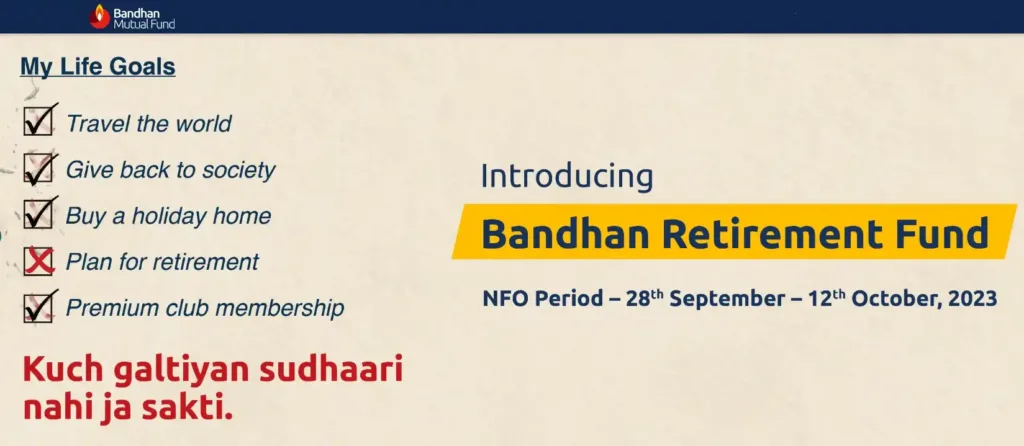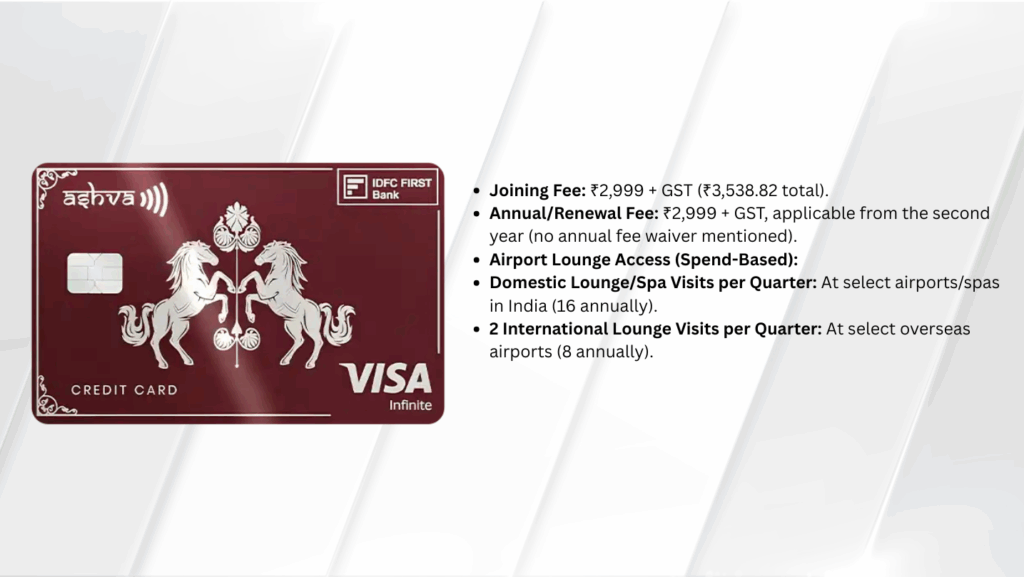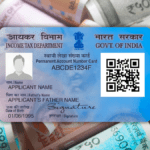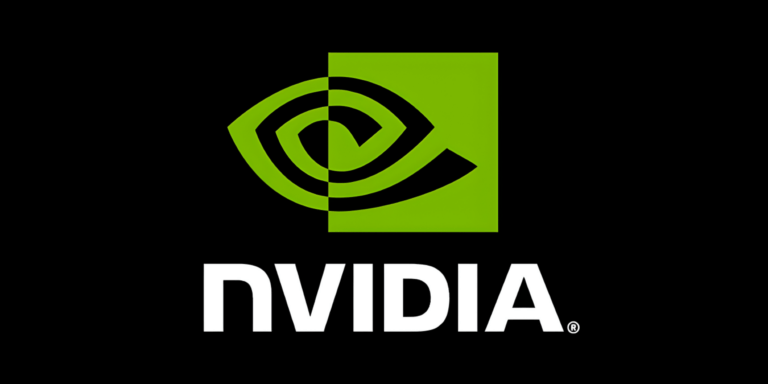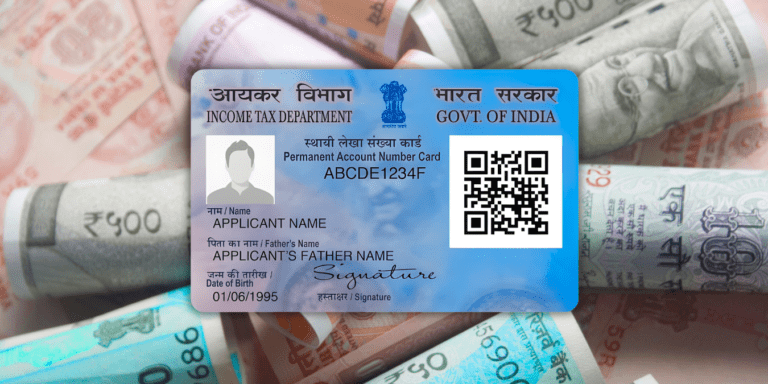
Shocked by a health insurance claim rejection in India? Uncover the hidden truth behind “reasonable and customary charges” causing Rs 26,000 crore in denials in 2025. From cataract surgery disputes to vague policy clauses, this exposé reveals why one in ten claims fails. With IRDAI cracking down, will transparency prevail?
Pouring your hard-earned money into a health insurance policy, believing it’s your safety net for medical emergencies. Now picture the devastation when your claim is rejected at the moment you need it most. In India, where healthcare costs are skyrocketing, this scenario is far too common. But what if the denial hinges on a vague, little-understood clause buried deep in your policy? Welcome to the murky world of “reasonable and customary charges”—a term that sounds fair but often leaves policyholders stranded.
Health insurance claim rejection in India is on the rise, with jaw-dropping statistics revealing a troubling trend. In FY24, insurers rejected claims worth a staggering Rs 26,037.65 crore, a 19.1% surge from the previous year. That’s one in ten claims denied outright, leaving millions vulnerable. As we navigate 2025, the Insurance Regulatory and Development Authority of India (IRDAI) is cracking down, issuing notices to eight major insurers for unfair rejections and delays. But what’s driving this crisis, and why does it hit so hard for routine procedures like cataract surgery?
Curious? Let’s unravel the suspense behind these rejections and expose the hidden truth of “reasonable and customary charges.”
The Rising Tide of Health Insurance Claim Rejections in India
Health insurance penetration in India is climbing, with policies covering more households than ever. Yet, the promise of financial security often crumbles at claim time. According to IRDAI’s 2023-24 annual report, insurers processed 2.69 crore health insurance claims, but 11% were rejected, and 6% remained pending as of March 2024. This means nearly one in five claims fails to deliver the expected relief.
In 2025, the picture isn’t much brighter. IRDAI data shows only 71.3% of health claims were paid in full, with the rest either denied or partially settled. Common reasons include procedural errors, non-disclosure of pre-existing conditions, and the infamous “reasonable and customary charges” clause. This clause, meant to prevent inflated hospital bills, has become a weapon for insurers to slash payouts, leaving policyholders in financial distress.
Why does this clause hold such power, and how does it fuel the rejection epidemic? The suspense deepens as we explore its mechanics.
Decoding “Reasonable and Customary Charges” – The Clause That Bites
What exactly are “reasonable and customary charges”? According to IRDAI guidelines, these are standard costs for medical services or supplies, aligned with prevailing rates in a specific geographic area for similar providers. In simpler terms, if your hospital bill exceeds what the insurer deems “normal” for your region, they can reject or reduce the payout.
This clause aims to protect insurers from overbilling, but it’s a double-edged sword. A 2025 LocalCircles survey found that 43% of policyholders who faced claim rejections cited “reasonable and customary charges” as the reason. Insurers like Star Health and Niva Bupa have faced IRDAI scrutiny for overusing this clause, leading to disputes that leave policyholders reeling.
The real question is: How do insurers decide what’s “reasonable”? The lack of transparency creates a suspenseful game where policyholders are often the losers.
Cataract Surgery: A Prime Target for Claim Denials
Cataract surgery, a routine procedure for millions of Indians, is a frequent battleground for claim rejections. The issue often boils down to the type of lens used. Standard mono-focal lenses, which correct vision at a single distance, are typically covered. However, premium multi-focal lenses, which address multiple vision issues, are often deemed "expensive" and rejected under the reasonable and customary charges clause.
Real cases highlight the human cost. In a 2021 Mumbai case, National Insurance rejected a Rs 82,785 cataract claim, citing excessive charges. The ombudsman intervened, ordering full payment. In Ahmedabad, an insurer deducted Rs 41,000 per eye, arguing unifocal lenses were sufficient, but courts overturned the decision. IRDAI mandates clarity, stating, "Inadmissibility of cost of multi-focal lens in case of cataract treatment should be clearly spelt out in the policy terms if the same is excluded." Yet, ambiguous policy wording persists, fueling disputes.
In 2025, IRDAI data reveals cataract surgery claims form a significant portion of rejections, with premiums for advanced lenses frequently denied. Why does a routine procedure lead to such chaos?
Shocking Statistics: The Scale of the Problem in 2025
The numbers tell a grim story. IRDAI’s 2025 updates show health insurance claim rejections reached Rs 26,037.65 crore in FY23-24, a 19.1% increase from Rs 21,861 crore the previous year. The industry-wide claim settlement ratio (CSR) for health claims dipped to 71%, with public sector insurers at 103.38% (paying more than premiums collected) and standalone health insurers lagging at 64.71%.
Star Health, a major player, rejected 2,96,356 claims in FY23-24, the highest among standalone insurers, with an incurred claim ratio of 66.47%. In contrast, Acko General Insurance led with a 99.91% CSR within three months. For cataract surgeries, policies like Care Health often cap coverage at Rs 20,000-30,000 per eye, excluding multi-focal lenses, leading to frequent denials.
A LocalCircles survey in 2025 found 6 in 10 claimants faced delays of 6-48 hours for claim approvals, with many never receiving approval. The suspense builds: Are these rejections justified, or is the system stacked against policyholders?
Real-Life Horror Stories: When Claims Go Wrong
The human toll of claim rejections is heart-wrenching. Take Neelam Vohra, a Delhi resident who filed a Rs 5.4 lakh claim for knee replacement in 2019. Her insurer invoked the reasonable and customary charges clause, paying only a fraction due to "inflated" hospital costs. Neelam was left to cover the rest, dipping into her savings.
In another case, a policyholder opted for multi-focal lenses for cataract surgery, expecting coverage. The insurer settled only the base amount, rejecting the premium lens cost as "unnecessary." Courts have stepped in to correct such injustices. In the 2023 case of Lataben Matiya vs. Oriental Insurance, the court ruled that insurers cannot dictate medical choices like implant types unless explicitly excluded in the policy.
A 2023 Supreme Court-like ruling emphasized that exclusions must be crystal clear. Yet, in 2025, IRDAI continues to issue notices to insurers for arbitrary deductions, keeping policyholders on edge.
IRDAI’s Role: Guidelines and Reforms
IRDAI is fighting back. Its 2020 master circular mandates that reasonable and customary charges align with standard provider rates in the geographic area. New 2025 regulations go further, banning location-based rejections without policyholder consent and pushing for faster claim settlements within 30 days.
For cataract surgeries, IRDAI insists that exclusions for multi-focal lenses be explicitly stated. The regulator has also reduced waiting periods for pre-existing diseases from four to three years, potentially easing some denials. Additionally, a June 2024 rule prohibits claim rejections due to missing documents, aiming to streamline settlements.
But is this enough? Experts argue that the subjective nature of "reasonable" charges still gives insurers too much leeway, leaving policyholders in suspense.
The Suspense of "Reasonable" Charges: A Policyholder’s Nightmare
The reasonable and customary charges clause is a paradox. It’s meant to ensure fairness but often becomes a tool for insurers to minimize payouts. Hospitals in metro cities like Mumbai or Delhi charge higher rates than those in smaller towns, yet insurers may apply a uniform benchmark, leading to rejections. A 2025 study by Policybazaar.com found that 25% of claim rejections stem from non-disclosure of pre-existing conditions, but another 20% are tied to disputes over "reasonable" charges.
For cataract patients, the stakes are high. Multi-focal lenses can cost Rs 50,000-1,00,000 per eye, while insurers often cap coverage at Rs 20,000. Policyholders are caught in a trap: pay out of pocket or settle for suboptimal treatment. The suspense lies in whether reforms will close this gap.
Court Rulings: A Ray of Hope
Courts have been a lifeline for policyholders. In a landmark 2021 case, the National Consumer Disputes Redressal Commission awarded Rs 80 lakh to a policyholder whose claim was denied due to a late renewal, despite timely premium payment. In another case, Ravi Malhotra’s claim for his father’s treatment was rejected for alleged non-disclosure of liver disease. Medical records proved otherwise, and the court ordered a Rs 9.5 lakh payout plus compensation.
These rulings highlight a key point: insurers must justify rejections with clear evidence. A 2023 Supreme Court-like ruling reinforced that exclusions must be explicit and unambiguous. Yet, in 2025, policyholders still face an uphill battle, with many unaware of their right to appeal.
How to Avoid the Rejection Trap: Pro Tips for Indian Policyholders
Navigating health insurance claims requires vigilance. Here are actionable tips to protect yourself:
- Scrutinize Policy Terms: Check for the reasonable and customary charges clause. Ensure exclusions, especially for procedures like cataract surgery, are clearly stated.
- Choose High-CSR Insurers: Opt for companies like Acko (99.91% CSR) or Care Health (100% CSR in 2022-23) for better claim reliability.
- Confirm Lens Coverage: For cataract surgery, verify coverage for multi-focal lenses before surgery. Ask for written confirmation from the insurer.
- Use Network Hospitals: Cashless claims at network hospitals reduce disputes over charges. Aditya Birla, for instance, offers cashless claims at over 12,000 hospitals.
- Appeal Rejections: If a claim is denied, escalate to the insurer’s grievance redressal officer, then the IRDAI ombudsman. In 2025, nearly 50% of ombudsman appeals succeed, and it’s free.
- Submit Complete Documents: Provide all required documents (discharge summary, bills, prescriptions) to avoid delays. IRDAI’s 2024 rule bans rejections for missing documents.
- Disclose Pre-Existing Conditions: Be upfront about medical history to prevent rejections for non-disclosure.
These steps can turn the tide, but the suspense remains: Will your claim be approved?
The Role of the Insurance Ombudsman
The Insurance Ombudsman is a powerful ally. In 2023-24, over 95% of health insurance complaints to the ombudsman involved claim rejections, with many tied to reasonable and customary charges. Policyholders can file complaints online via IRDAI’s Bima Bharosa portal if the insurer doesn’t resolve issues within 30 days. Insurers face penalties of Rs 5,000 per day for non-compliance with ombudsman awards.
However, experts note a flaw: the ombudsman lacks enforcement power, leaving some policyholders in limbo. A 2025 India Today report called it a “toothless tiger,” yet it remains a critical recourse for millions.
The Future: Will Bring Relief?
IRDAI’s crackdown on eight insurers, including Star Health, signals a push for accountability. The 2025 reforms—shorter waiting periods, mandatory disclosures, and document-related protections—are steps forward. For cataract patients, clearer policy terms on multi-focal lenses could reduce disputes.
Yet, challenges persist. With healthcare inflation outpacing CPI, premiums are rising, projected to grow 3% in real terms in 2025. The reasonable and customary charges clause remains subjective, and without standardized benchmarks, rejections may continue. A 2025 CoverSure survey found 79% of Indians doubt their policies’ adequacy, reflecting deep mistrust.
Will transparency prevail, or will "reasonable" remain a weapon for insurers? The suspense lingers.
Final Thought: Stay Vigilant, Stay Informed
Health insurance claim rejections in India, driven by the elusive reasonable and customary charges clause, are a wake-up call. For cataract patients, explicit policy terms on lens coverage are non-negotiable. With Rs 26,000 crore in claims rejected in FY24 and systemic issues persisting, policyholders must arm themselves with knowledge.
Read the fine print. Choose insurers with high claim settlement ratios. Appeal unfair rejections. The stakes are high—your financial and medical security depend on it. As IRDAI tightens the screws in 2025, the question remains: Will the system deliver justice, or will policyholders continue to face the shock of rejection?
.

